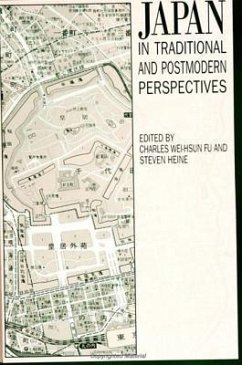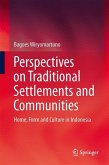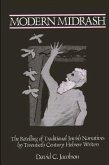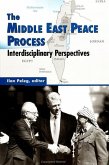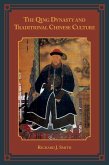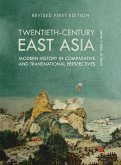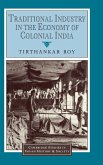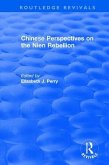In this book, each of the chapters offers an analysis of the origins and development of an important aspect of Japanese culture, including religion (Pure Land Buddhism and Zen, Shinto and folk religions, Confucianism and Tokugawa era ideology), philosophy (classical Buddhism and the contemporary Kyoto School), literature and the arts (medieval poetry and drama, modern fiction and films), and social behavior (family system, feminism, nationalism, and economic growth). The central, underlying theme is the uniqueness and creativity of Japan as seen from twentieth century perspectives. One of the fascinating things about Japanese culture is that, on the one hand, it seems to have held onto its traditional foundations with a greater sense of determination and celebration than most societies and, at the same time, it appears to have attained a position at the forefront of international modernist and postmodernist developments. The authors explore several approaches to this issue. One school of thought is influenced by recent Japanese writers and intellectual historians such as Mishima, Tanizaki, Watsuji, and Nakamura. Another approach is influenced by Western poststructuralist commentators such as Barthes, Derrida, and Lyotard. A third approach is to argue against the thesis known as nihonjinron ("Japanism" or cultural exceptionalism), by suggesting that the notion of Japanese uniqueness is itself a cultural myth generated by nationalist and particularist trends originating in the Tokugawa era. The volume features an essay by Kenzaburo Oe, winner of the Nobel Prize for Literature, entitled "Japan, the Dubious, and Myself."
Hinweis: Dieser Artikel kann nur an eine deutsche Lieferadresse ausgeliefert werden.
Hinweis: Dieser Artikel kann nur an eine deutsche Lieferadresse ausgeliefert werden.

